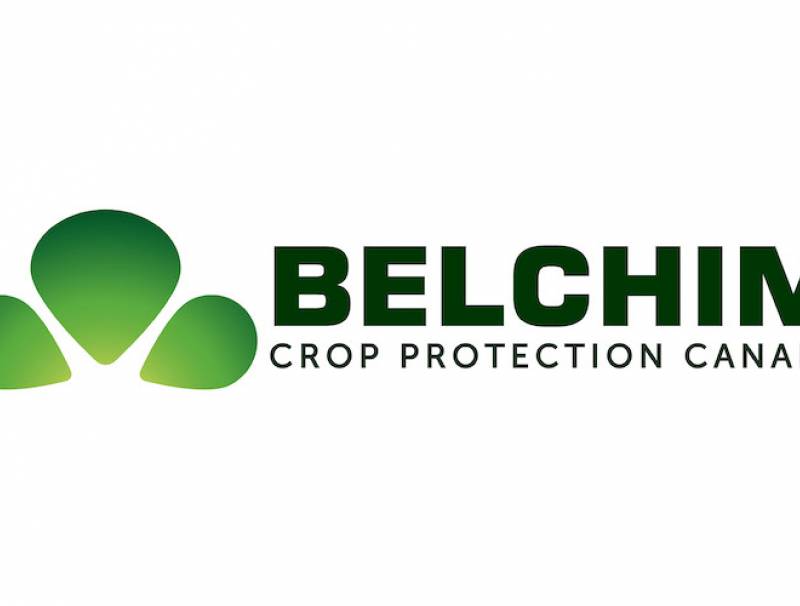01
CPMA names produce champion

Member of Parliament Wayne Easter is named 2019 Produce Champion. The Canadian Produce Marketing Association applauds the PEI member’s support of the produce industry and his effectiveness in bringing forward industry issues on Parliament Hill.










